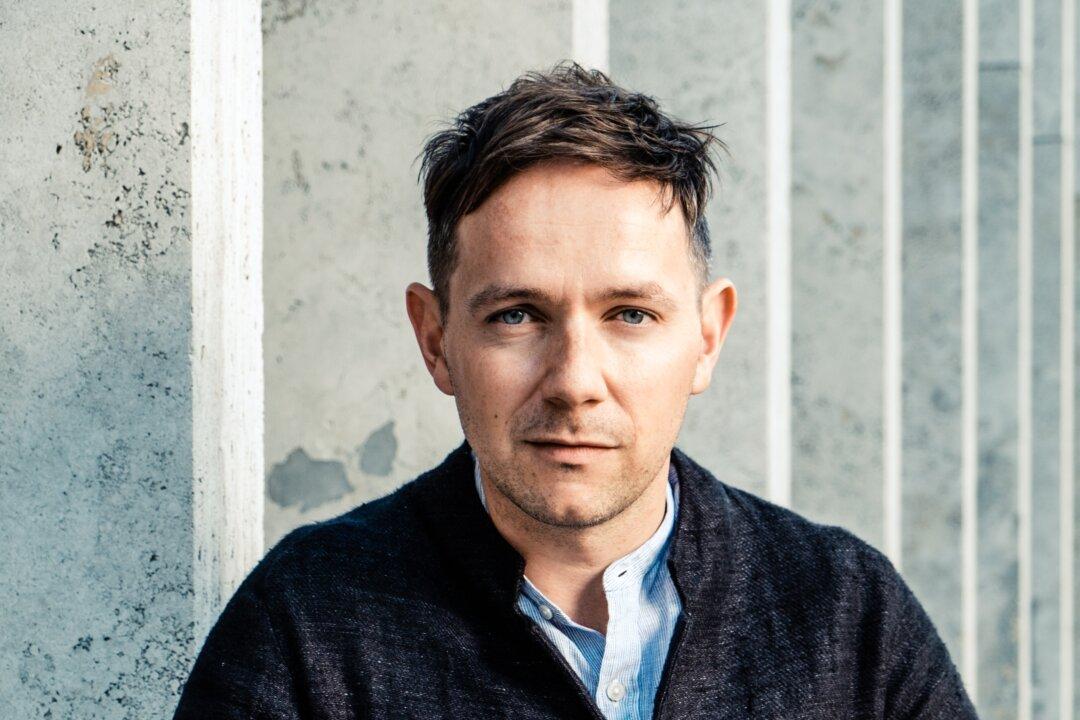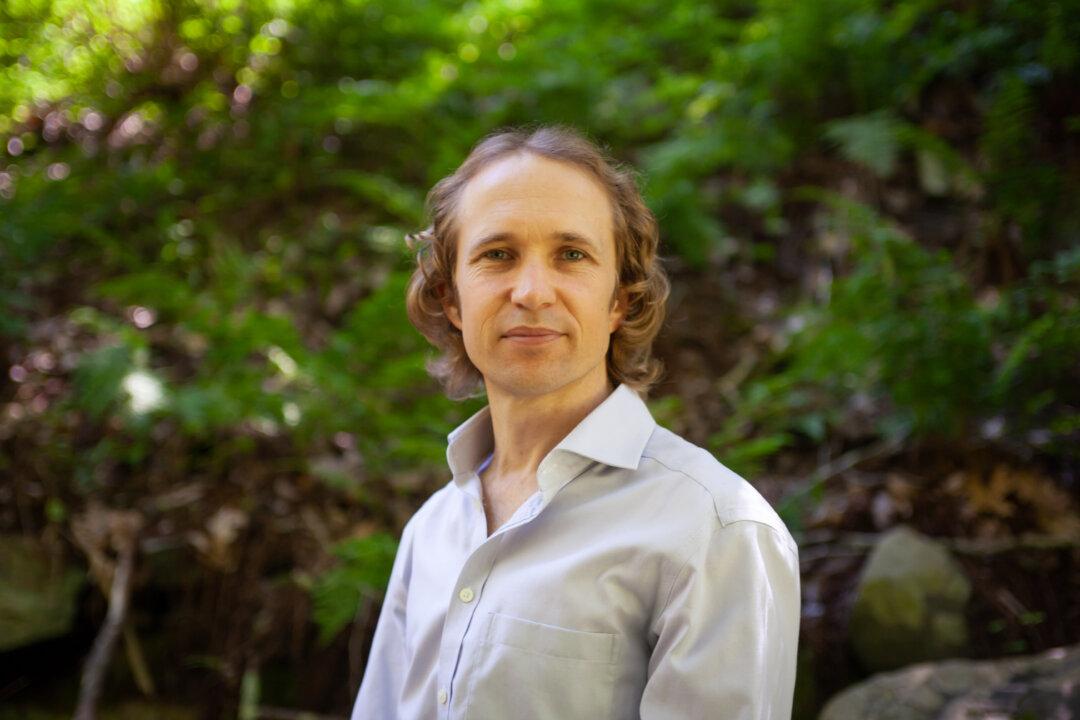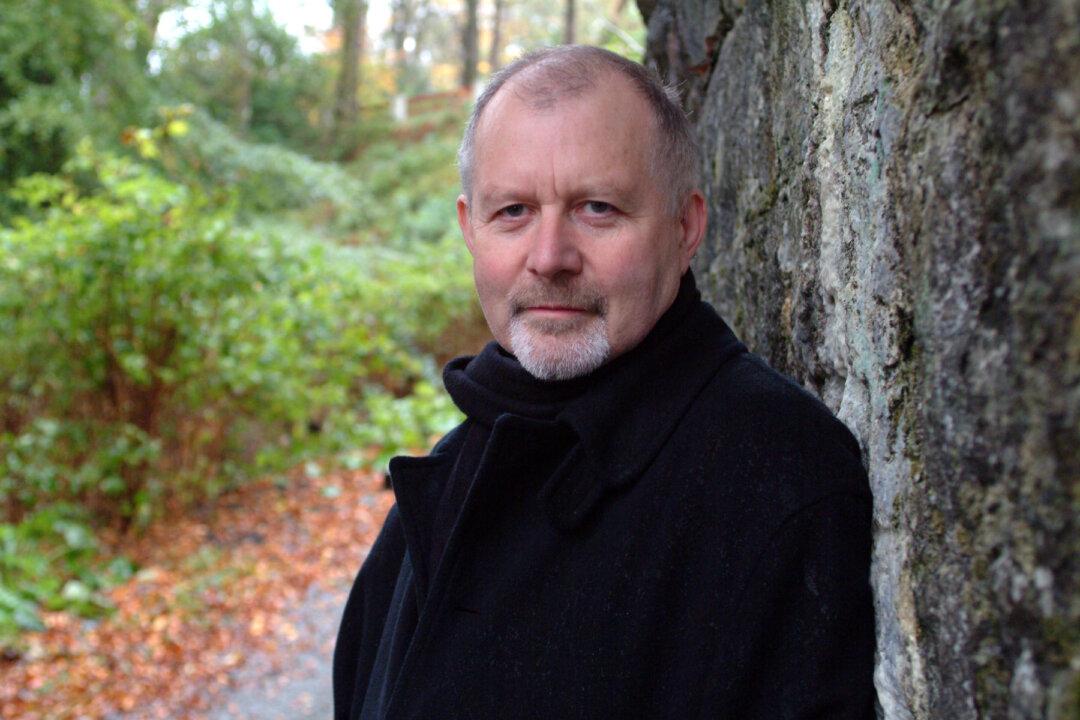“A choir’s role in the Anglican church and the church of England is to elevate the worship,” Grammy-Award-winning countertenor Iestyn Davies told me in a phone interview.
When Davies feels like he’s singing well, he says it feels like “you’re in a solar system where everything aligns and just feels good. When I really connect, the audience feels that as well. It touches people in a different way.”





